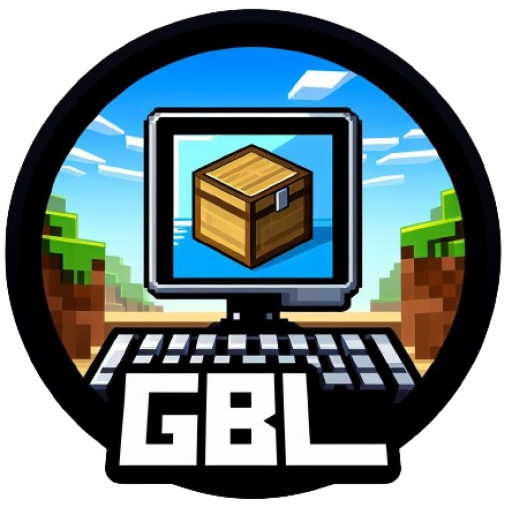Οδηγός Περαιτέρω Μελέτης
Cojocariu, V. M., & Boghian, I. (2014). Teaching the relevance of game-based learning to preschool and primary teachers. Procedia-Social and Behavioral Sciences, 142, 640-646. Διαθέσιμο στό https://www.sciencedirect.com/science/article/pii/S1877042814046072
Καραγιάννη, Μ. (2020). Αξιολόγηση δυνατοτήτων δημιουργίας εκπαιδευτικών εφαρμογών και περιεχομένου σε σύγχρονους online εικονικούς κόσμους. Διαθέσιμο στο: https://hellanicus.lib.aegean.gr/handle/11610/21552
Ross, A. M., Fitzgerald, M. E., & Rhodes, D. H. (2014). Game-based learning for systems engineering concepts. Procedia Computer Science, 28, 430-440. Διαθέσιμο στο https://www.sciencedirect.com/science/article/pii/S1877050914001161
Petrov, A. (2014). Using Minecraft in education: A qualitative study on benefits and challenges of game-based education. Unpublished master’s thesis, University of Toronto, Ontario, Canada. Διαθέσιμο στο http://zonaminecraft.info/wp-content/uploads/2021/02/Petrov_Anton_201406_MT_MTRP.pdf
Plass, J. L., Homer, B. D., & Kinzer, C. K. (2015). Foundations of game-based learning. Educational psychologist, 50(4), 258-283. Διαθέσιμο στο https://www.tandfonline.com/doi/abs/10.1080/00461520.2015.1122533
Seng, W. Y., & Yatim, M. H. M. (2014). Computer game as learning and teaching tool for object oriented programming in higher education institution. Procedia-Social and Behavioral Sciences, 123, 215-224. Διαθέσιμο στο https://www.sciencedirect.com/science/article/pii/S1877042814014554
Teichmann, M., Ullrich, A., Knost, D., & Gronau, N. (2020). Serious games in learning factories: perpetuating knowledge in learning loops by game-based learning. Procedia Manufacturing, 45, 259-264. Διαθέσιμο στο https://www.sciencedirect.com/science/article/pii/S235197892031146X

